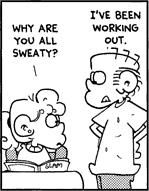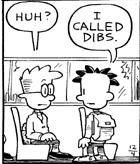Yes, I would've rather been watching basketball last night, instead of passing time before
The Sopranos. (And the "half-season finale" was almost as much of a letdown as the Pistons 2005-06 season.) Of course I wanted to see this team compete for another NBA championship. But I was also kind of relieved to be watching something else. Because I think we saw the end coming
during the Cleveland series. And if not then, it certainly became apparent after
losing Game 4 to Miami. It had become painful to watch the Pistons on their slow march off the cliff, trying to stay alive in the face of inevitability.
Was Miami just the better team, as
Complete Sports says? I have trouble believing that, but I still haven't taken off my Pistons-colored glasses yet. This reminds me, however, of an argument I had ten years ago with my girlfriend's New Englander roommate. Michigan had just beaten Boston University in the NCAA hockey tournament, but Chowdahead maintained that BU was the better team. "Well, if they're the better team," I said, "why didn't they win?" She didn't have an answer then, and I'm not sure I have one now.
But the Heat was definitely hungrier. And that desire gave them enough fuel to surpass Detroit.

What's surprising is how it all unraveled. It wasn't the Pistons' defense that failed them (though the
Detroit News'
Bob Wojnowski feels differently), but their offense. And it wasn't necessarily because of an increased emphasis on offense. The Pistons lost because they suddenly could not shoot. Scoring 80 points became a struggle for this team. Even with their season on the line, as
Big Al points out, the Pistons managed a feeble effort.
During this run of excellence, when the Pistons lost games, it was typically because their jump shots weren't falling. And you could expect that to happen in one or two games during a playoff series. But for an 11-game stretch? When did bad shooting go from the exception to the rule? Ever since
Game 2 of the Cleveland series, when the LeBrons turned a blowout into a close game, the Pistons lost something. Did they hit the wall at that point? Is that when all the basketball they've played over the past four years finally caught up with them?
To me, this season proved one thing: A team can't just turn it on. Maybe you already knew that. I did, too, but kept thinking the Pistons might be the first team to do it successfully. A team can't keep creating challenges for itself, digging itself into deep holes, in order to stay interested and motivated. The other team will provide enough opposition, as it is. There's only so much energy to tap. And a team can't squander it. The Pistons certainly tapped themselves out against Cleveland, and just had nothing left for Miami.
But maybe Detroit burned up too much fuel in the regular season when they peaked extremely early. Is there such a thing as being
too good? I think there might be - at least in the regular season. Ask the Red Wings what they think of that. Ask the Indianapolis Colts. Ask any team that's playing its best long before the playoffs have arrived. The Pistons were ready to win a championship back in November. Unfortunately, the NBA Finals aren't played until June.
I'll finish with one more thought: I was wrong.
I thought Miami tinkered way too much with its roster last offseason. The Heat were arguably one Dwyane Wade rib injury away from beating Detroit, yet Pat Riley overhauled half of the team. Riley did the same thing with the Knicks, taking a tough team that gave Chicago all it could handle, and neutered it by making too many changes.
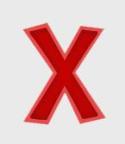
And look who he brought in. Antoine Walker on the floor with Shaq and Wade? C'mon, who thought that would work? By January, someone would be crying about getting the ball, right? Shaq and Wade standing with hands on hips, as Walker jacks up a stupid three? Sure.
Jason Williams as the point guard? Oooh, he likes to shoot, too. More shots taken away from Shaq and Wade. Gary Payton? Excuse me, Gary Payton from 2003 just called. He's wondering where his game went. James Posey? Solid role player, but not usually someone the other team accounts for on defense.
And what about Riley himself? Was he still a good coach or were his methods and philosophies - most of which made for some of the worst NBA basketball we'd seen over the past 10-15 years - past their prime? Was he a coaching dinosaur who made a better executive? And why replace Stan Van Gundy, who came so close to beating Detroit?
Well, it worked. At least in getting past Detroit. Somehow, Riley made it all come together. We'll see if the tinkering can yield a championship. That'll give me something else to chew on over the next couple of weeks, as I decide whether or not I can watch other teams compete for a NBA title I - and many, many others - probably took for granted.
Labels: 2005-06 Detroit Pistons, Miami Heat
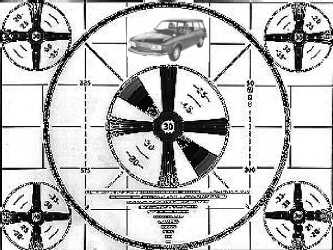

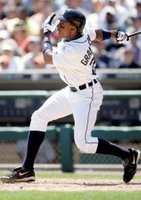


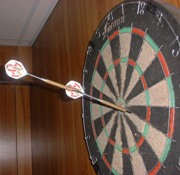
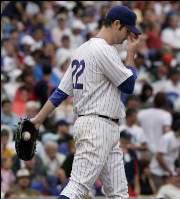
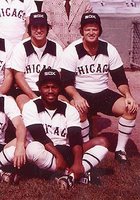
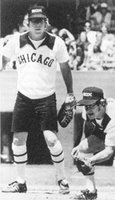
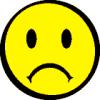
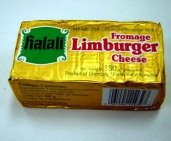
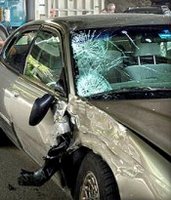
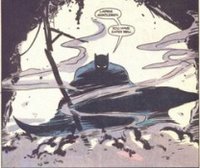



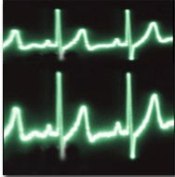
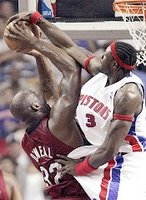
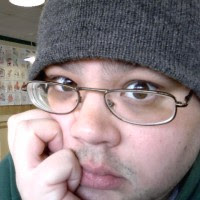
 sweatymen[at]gmail[dot]com
sweatymen[at]gmail[dot]com